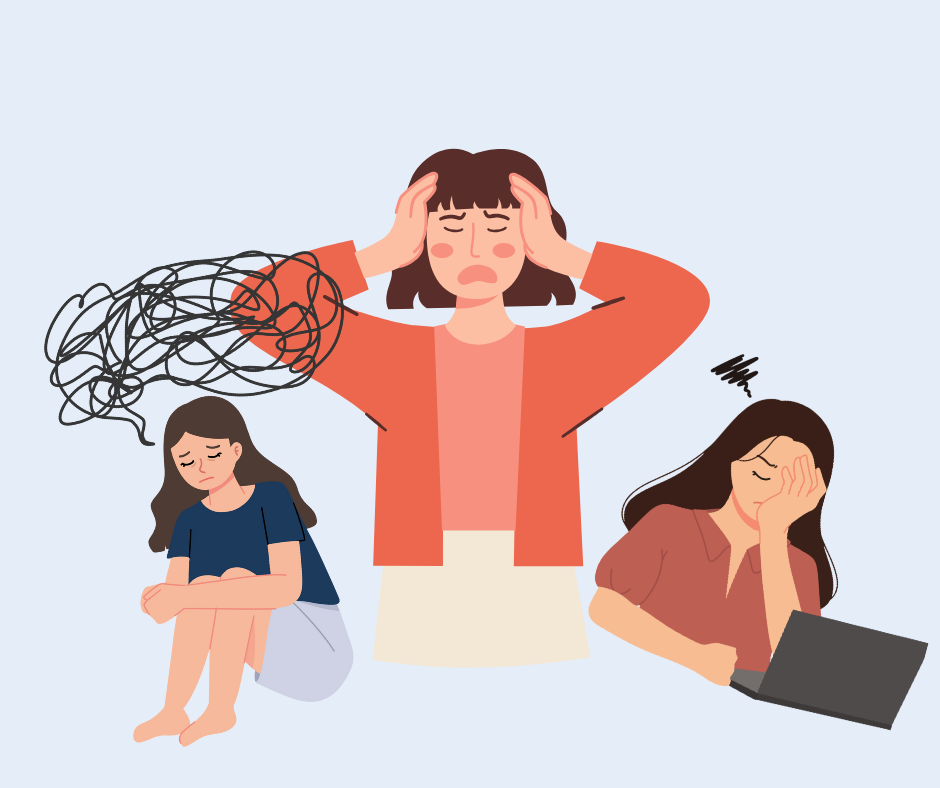Is It Stress, or Is It Anxiety? Understanding the Difference
- T and C Psych

- Jun 10, 2025
- 2 min read

We toss around the word “stress” all the time—after a long day at work, sitting in traffic, or juggling family obligations. But when stress becomes persistent, overwhelming, or starts to affect your health, it may no longer be just stress. It might be anxiety.
So, how can you tell the difference?
What’s Normal Stress?
Stress is a natural response to external demands. A looming deadline, financial pressure, or big life transition can all trigger stress. It often comes with:
Temporary muscle tension or headaches
Irritability or mood swings
Feeling overwhelmed—but returning to baseline once the stressor passes
In most cases, stress is situational. Once the cause is removed or resolved, your mind and body settle down.
What’s Anxiety?
Anxiety goes deeper. It can feel like stress—but it often persists, even without a clear trigger. You might be dealing with anxiety if you:
Worry excessively about worst-case scenarios
Experience sleep problems, restlessness, or a racing heart
Avoid certain places, people, or situations due to fear
Feel “on edge” most of the day
Have panic attacks or intrusive thoughts
Anxiety may start from stress, but it lingers long after the stressor is gone. And unlike stress, it doesn’t always have a clear source.
The Overlap (And Why It Matters)
Stress and anxiety aren’t enemies—but they aren’t interchangeable either. Left unmanaged, long-term stress can evolve into chronic anxiety. That’s why early support matters.
How Psychiatry Can Help
Whether you're feeling overwhelmed, constantly on edge, or unsure what you're dealing with—psychiatric care can help you make sense of it.
At T & C Psych, we help patients:
Identify whether their symptoms are more stress-based or anxiety-based
Explore medication options that can reduce the severity and frequency of anxious thoughts
Build a care plan tailored to their lifestyle, stress level, and medical history
You don’t need to wait until things feel unmanageable. If you’re not feeling like yourself, that’s reason enough to reach out.
You don’t have to figure it out alone.
Stress and anxiety are common—but that doesn’t mean you should push through in silence. If something’s off, we’re here to help you find clarity and calm.





Comments